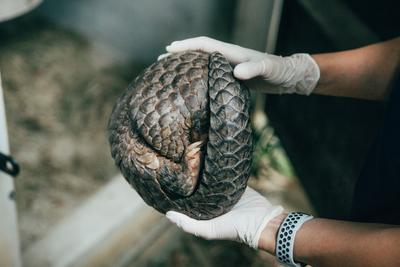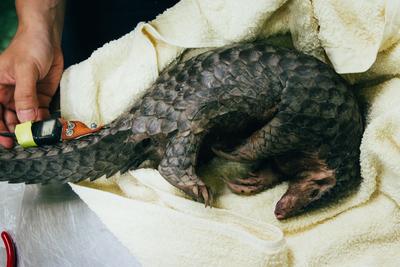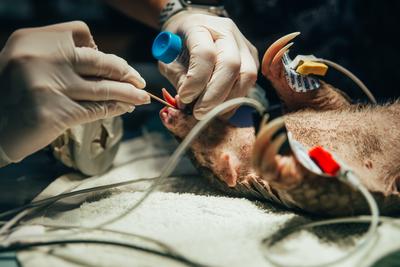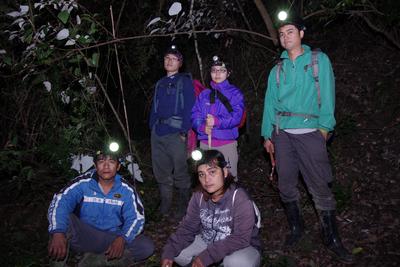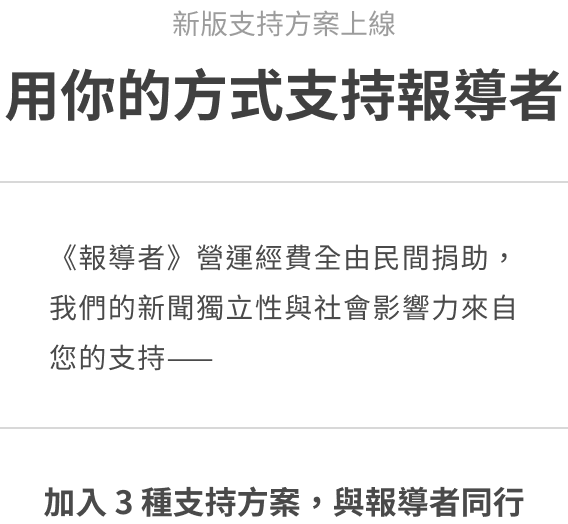The Pangolin Reports: Trafficked to Extinction
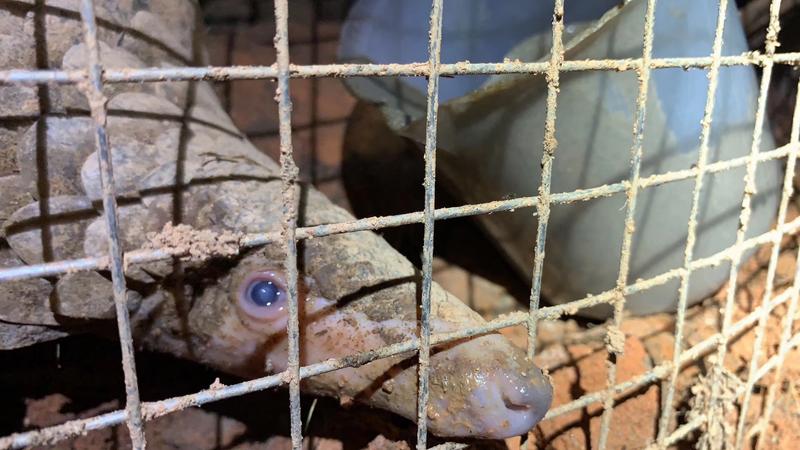
The world's most trafficked mammal is a solitary anteater resembling an artichoke: the pangolin. Prized for its scales, particularly for traditional medicine in China, this quiet animal is at the centre of a sophisticated, multi-million-dollar supply chain across Africa and Asia, run by networks of criminal syndicates.
Despite the scale of the trade, little is actually known about it, even among prosecutors and law enforcement officials in its key market: China.
We’re back in mainland China. In April, we found five pangolins at a zoo in the southern city of Guangzhou, Guangdong Province. They had been seized in a sting operation on smugglers in a nearby town a few weeks earlier. The provincial forestry administration ordered them temporarily housed at the zoo. They ended up in a cage formerly used for lizards.
The origin of the animals remains unknown, but officers said that the animals had been taken to China through Vietnam and then to Meizhou, a southern town about 400 kilometres east of Guangzhou. Customs officers seized a total of 103 pangolins in the bust. Of these, 82 were taken to Guangxi region and 21 were kept in Guangdong. Most of these 21 pangolins died shortly after that.
The China Biodiversity Conservation and Green Development Foundation, an advocacy group, dispatched a staff member, Sophia Zhang, from Beijing to Guangzhou to care for the remaining animals.
At the zoo, Zhang set up a live camera and shared updates on Weibo, China’s Twitter-like social media platform, to bring the animals’ plight to the attention of possible donors. Volunteers in Yunnan Province, which borders Myanmar and Laos, collected and froze ants for Zhang and had them delivered to Guangzhou to feed the animals.
Despite her best efforts, two animals died in April, leaving only three survivors. Veterinarians from a nearby pet hospital and vet students from a local university volunteered to help Zhang prepare their food, using chopsticks to loosen the frozen ants, and clean their cages. “I’m happy they eat well,” she told us. “Pangolins are like humans when under shock.”
The three pangolins were trailblazers. It is the first time in China that the authorities allowed a non-law enforcement, non-profit organisation to assist in the care of a seized animals, a spokesperson for the foundation said.
The foundation has been jubilant. It had been pushing for access to seized pangolins since 2017. Last year, it even filed a lawsuit to get access to another batch of 32 confiscated animals. The case is ongoing. Perhaps these three pangolins could set an example for the court case and future cases.
The zoo proved to be only a temporary home. By May, the foundation found a space in Qingyuan, a nearby town, where the animals could be slowly released into a state of near freedom.
RELATED: How You Can Help Save The Species
A real estate company had secured a green space of several hundred square meters that is encircled by its residential buildings. There was enough space for the animals to live on relatively peaceful terms. It would be the first release of seized pangolins into semi-wild conditions in China, the foundation said.
After a few days, the pangolins began to become familiar with their new environment. They began to dig for food and appeared to be developing an appetite.
But one was struggling to breathe and moved more slowly.
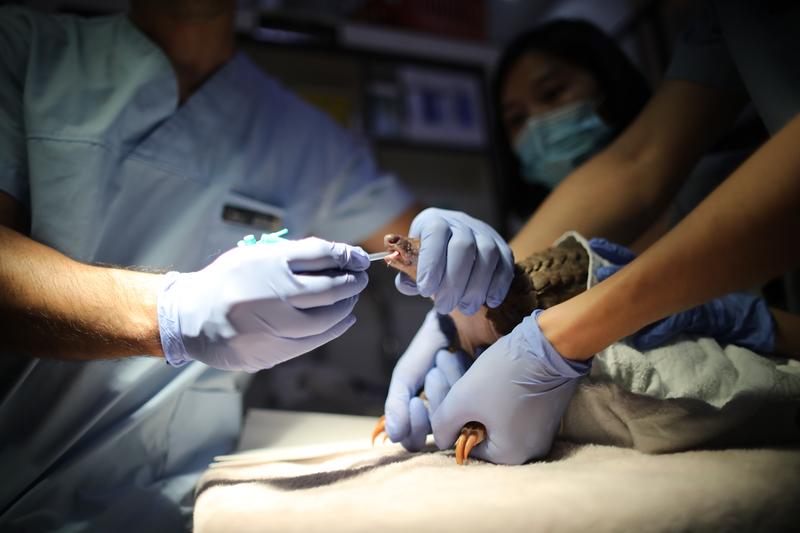
As its condition deteriorated, volunteers put the animal in a box and rushed it to the animal hospital in Guangzhou. By the time they arrived, the pangolin was declared dead.
The real estate company’s staff lack the experience Zhang has in taking care of the remaining two pangolins. The two survivors have been struggling with anxiety since the death, she said.
In June, the foundation asked the government to take the two animals back into a shelter or allow for their release into the wild. On July 3, they were picked up by officials from the forestry administration.
It is unclear what happened to the two animals. The bureau declined to comment.
The Global Environmental Reporting Collective, formed in early 2019, chose the pangolin trade as its first focus for in-depth investigation. More than 30 journalists from 14 newsrooms reported in Africa and Asia, conducting dozens of exclusive interviews and even going undercover. The results are being published here as “The Pangolin Reports: Trafficked to Extinction“.
用行動支持報導者
獨立的精神,是自由思想的條件。獨立的媒體,才能守護公共領域,讓自由的討論和真相浮現。
在艱困的媒體環境,《報導者》堅持以非營利組織的模式投入公共領域的調查與深度報導。我們透過讀者的贊助支持來營運,不仰賴商業廣告置入,在獨立自主的前提下,穿梭在各項重要公共議題中。
你的支持能幫助《報導者》持續追蹤國內外新聞事件的真相,邀請你加入 3 種支持方案,和我們一起推動這場媒體小革命。

